Two Cheers for Apoliticism
I don't have a lot to choose from for this edition of The
Galli Report, but these two pieces I have extraordinarily helpful. But they each are long, so grab some coffee or tea
and get ready for some insightful reading.
The first is about how Protestants in particular have
negotiated their political responsibilities since the Reformation, by Alec Ryrie, professor of the history of
Christianity at Durham University, England. I almost didn't read his essay "Beyond the
Reformation of Politics" because, well, it sounded boring. But I think it has the possibility of showing the way
forward for US Christians so deeply divided over politics just now.
His assumption—which I think is absolutely
right—is:
Protestantism is not, in any of its forms, a political movement. It is about God, and it is about human salvation. The centrality of those spiritual concerns has often been exasperating to secular politicians who want to make Protestants their allies and are frustrated by all the wearisome Jesus-talk, but it is unavoidable. Naturally, Protestants' spiritual preoccupations have political consequences, sometimes dramatic ones. … Yet if we misread these secondary effects as primary, we will not be able to understand their impact. Even at the most politically fraught moments, we can find Protestants setting off at right angles to secular political debates.
He then looks at how Christians under various regimes (in
the US, Germany, Korea, South Africa and elsewhere) either took up politics or stayed out of the fray. The latter
choice he terms "apoliticism," noting that this is now a dirty word—to be apolitical is to be considered
irresponsible. He notes for example, "the common presumption—which on the face of it is a little
odd—that voting as such is morally superior to not voting, regardless of whom or what you vote for." In his
historical survey, he recognizes where Christian apoliticism has indeed been a forsaking of moral responsibility in the
face of great evil. But he is also fair to note where it has also been of more help to the poor and marginalized than
direct political engagement.
Along the way, he makes a point that suggests some of our
confusion today. He notes that during the brutal Park regime in South Korea, over 40 percent of South Korean Christians
thought the best thing they could do for the nation was to pray. To this he adds, "That stance looks contemptibly weak
only if you assume that prayer is not an effective means of intervening in worldly affairs."
The rhetoric of the Christian left and right is replete
with pleas for political engagement (to make a difference, to become relevant to society, to help the marginalized) and
thus to rally behind one party or candidate or piece of legislation. The fervency in which politics is proclaimed and
prayer ignored leads one to believe that many in these movements no longer believe in the power of prayer—nor
in the main resources of the church, preaching and the sacraments—to effect genuine social change. Jesus said
prayer in faith could move mountains; we're not sure it can move us, which is one reason we spend so little time in
prayer. This amounts to a practical atheism that certainly tempts the likes of me. Of course it's more complicated than
that, but I dare say it is at least partly that.
This essay has reinforced an idea I think worth
pondering. Consider it a thought experiment (versus an editorial plea) for now: Christians, as Christians,
should step back from political involvement. As American citizens who happen to be Christians, well, of course they
should be involved if that calls to them. But I wonder if the church and world would be better served if we weren't so
quick to wear our religion on our sleeves as we made our case in the public square. I wonder if it's time to stop
talking as if our politics were God's politics and just recognize that politics is a necessary but messy business in
which no one comes out looking like a saint and no legislation like the Sinai tablets. And then as a new week dawns, we
might go to church and confess our political sins, the biggest of which is usually self-righteousness. That might be
one New Year's resolution to consider.
| ||
Gratitude: The Habit
Here's another resolution to ponder: developing the
habit of gratitude. This essay does not depend on uniquely Christian ideas and practices
to develop gratitude, which I think is a strength. We Christians need to recognize that we do not have a corner on
moral resources. But we certainly should be able to marshal more reasons than anyone for living and breathing
gratitude.
Gratitude
has been surprising me lately, showing up
here and there unexpectedly. I sometimes catch myself
joyfully astonished at the simplest things (Our garbage is
collected every week without fail! My car starts in sub-zero
temperatures! My morning Starbucks!) as well as the
truly amazing (The moon! Snow! Grandkids!). What would my
life be like if this wasn't an occasional insight but a way
of life? At any rate, Brett and Kate McKay do a good job
showing the why and how of the spiritual discipline of
gratitude.
| ||
More on "Evangelical"
I'll admit to being a bit weary of talking about the
usefulness of this term, but I suppose it is my cross to bear as editor in chief of "the magazine of evangelical
conviction." At any rate, Richard Mouw, former president of Fuller Seminary, has a nice piece on why he thinks the term is still useful.
| ||
Grace and peace,
| ||
| ||
Friday, January 5, 2018
Two Cheers for Apoliticism
Subscribe to:
Post Comments (Atom)





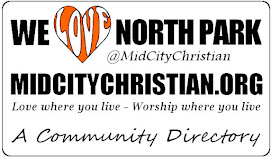



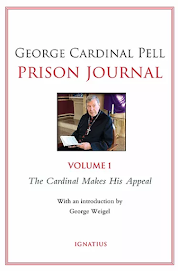

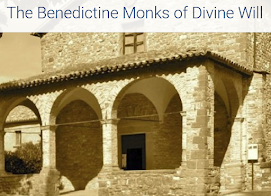


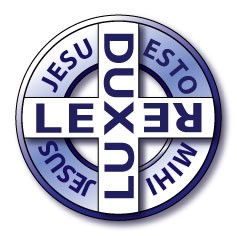

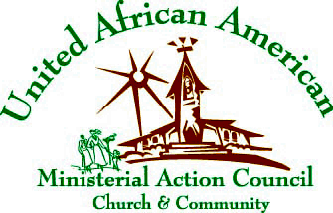

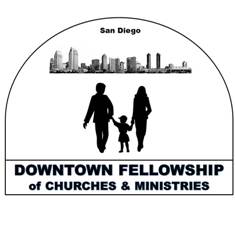




No comments:
Post a Comment